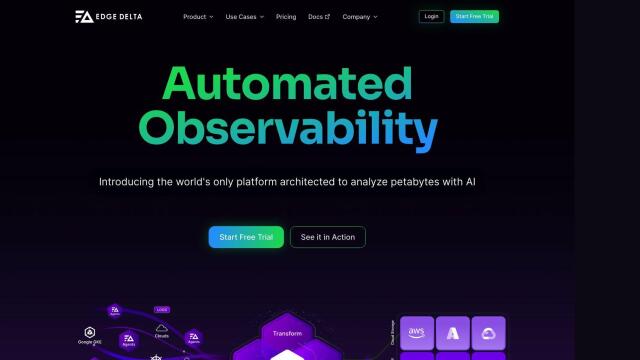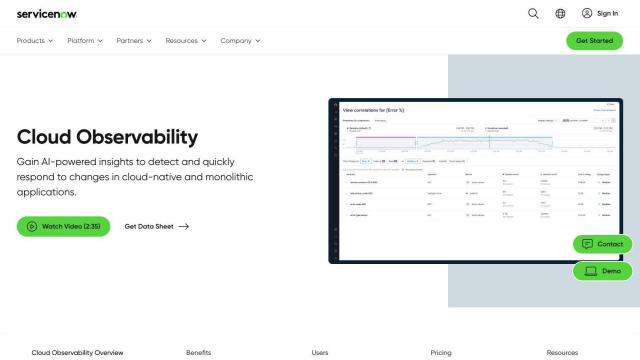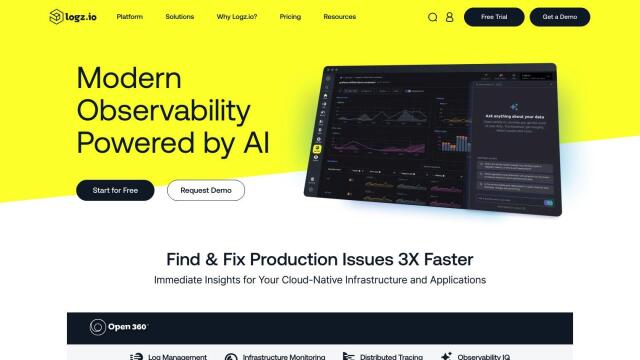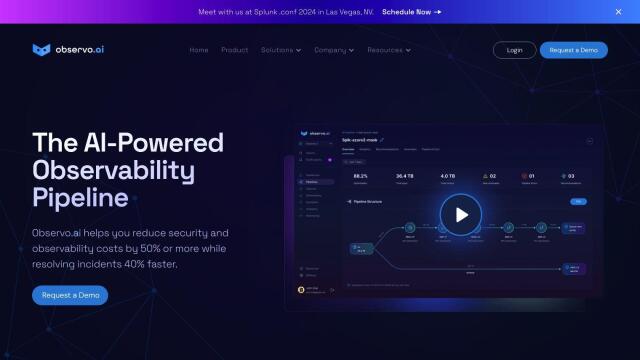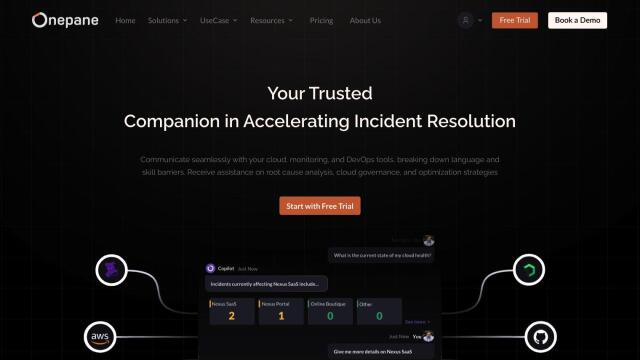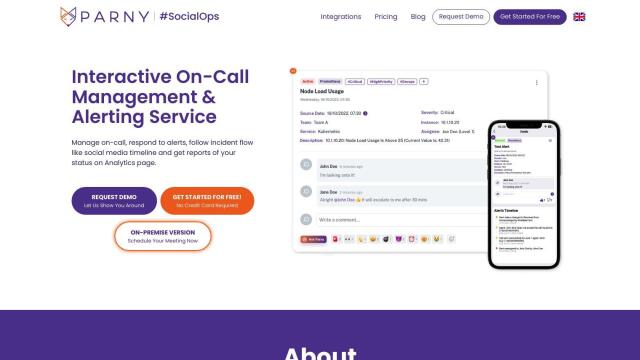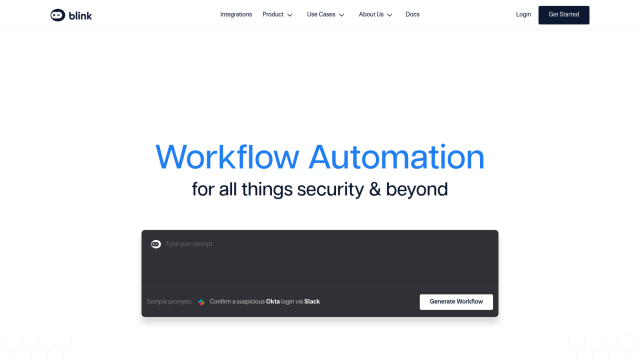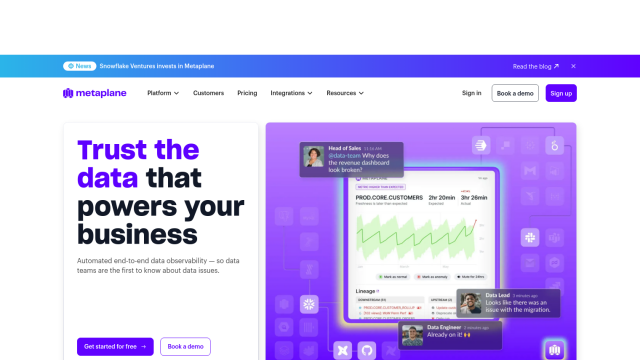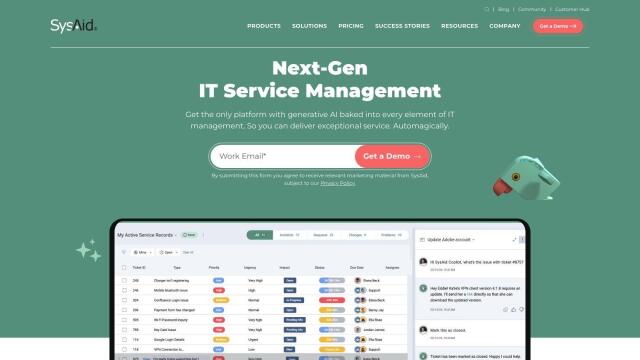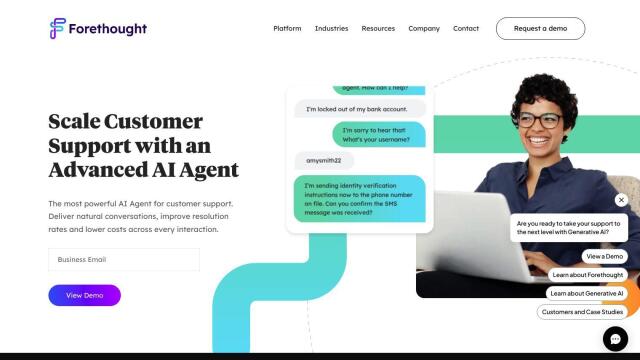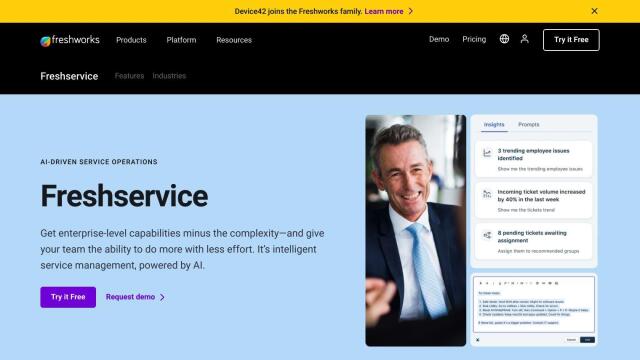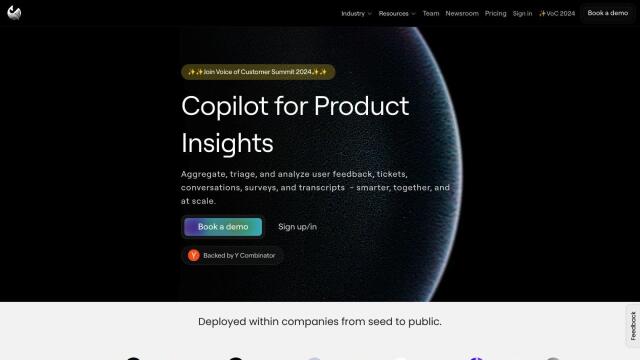Question: Do you know of a tool that uses machine learning to reduce alert noise and speed up incident triage?

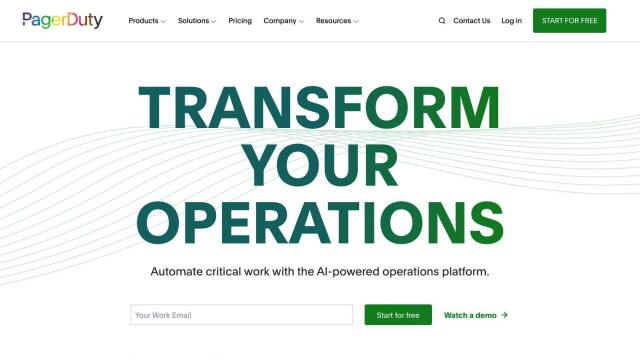
PagerDuty
If you're looking for a tool that uses machine learning to cut alert noise and speed up incident triage, there are a lot of options. One is PagerDuty, an all-purpose platform for real-time operations. It's got AIOps for noise reduction and triage acceleration, as well as automation for important work and customer service operations. It's got more than 700 integrations, so it can fit into a lot of different operations, and you can try it for 14 days for free.
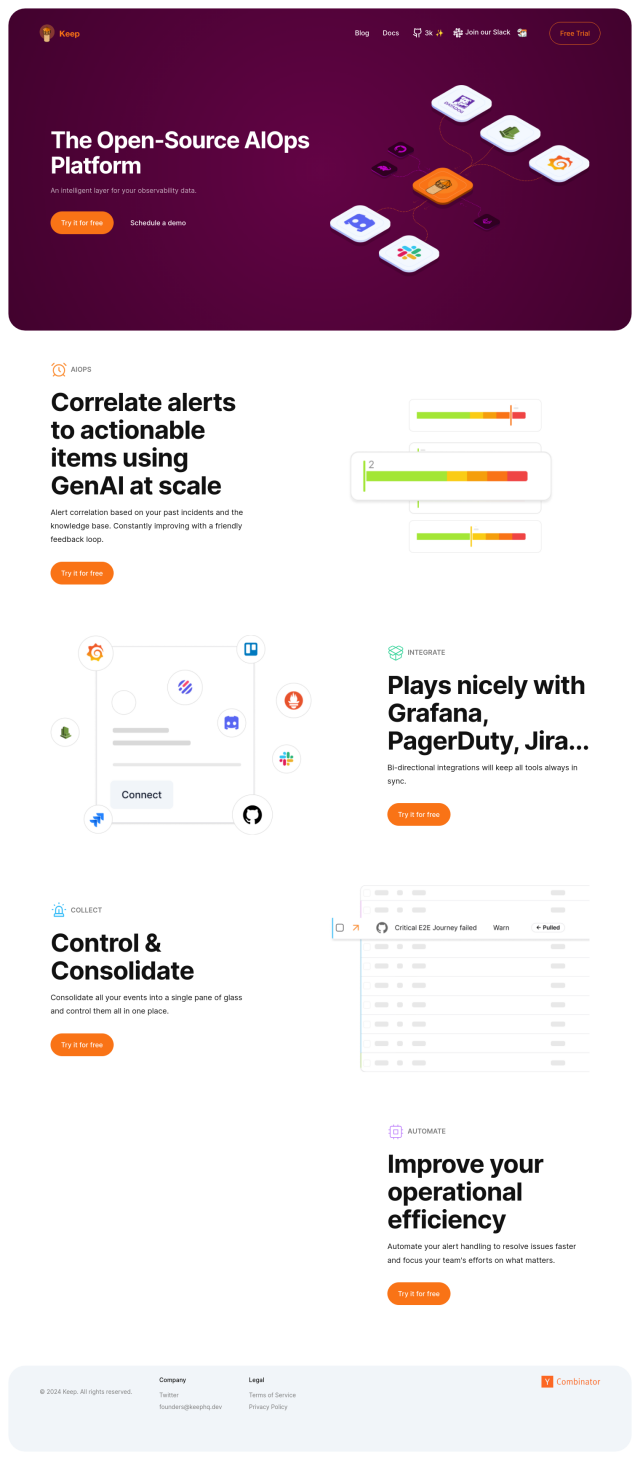
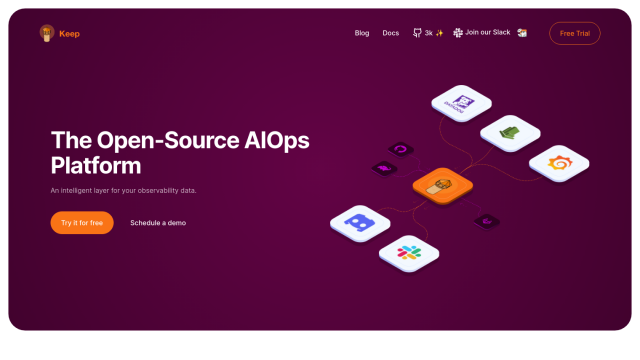
Keep
Another good choice is Keep, an open-source AIOps platform that deduplicates and correlates alerts to help you cut through alert fatigue. It's got sophisticated algorithms for smart noise reduction and two-way integration with common monitoring tools. Keep's rule engine lets you customize alert correlation and deduplication, and it's got automated alert workflows to present a unified view and control over what's going on.

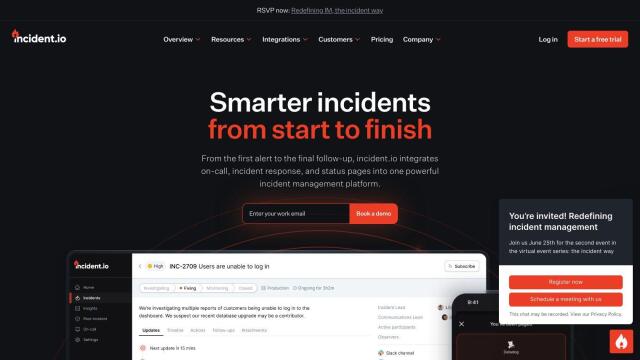
Incident.io
For a more complete incident management system, Incident.io combines on-call, incident response and status pages into one system. It consolidates alert sources, schedules and escalation procedures, and has AI-powered insights for post-incident analysis. Incident.io also offers automated workflows in Slack to reduce the amount of manual labor, so it's good for teams that want to automate their response processes.

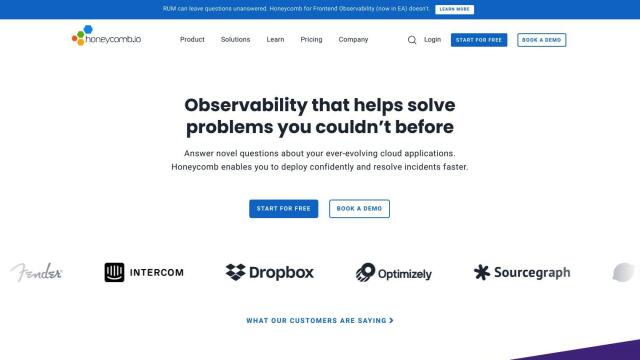
Honeycomb
Last, Honeycomb is an observability platform that lets teams quickly find the source of problems in distributed services. It offers distributed tracing, smart data sampling and an AI-Powered Query Assistant for better incident resolution. Honeycomb's integration with Slack and its cost-based pricing means it's a good choice for teams of any size.

